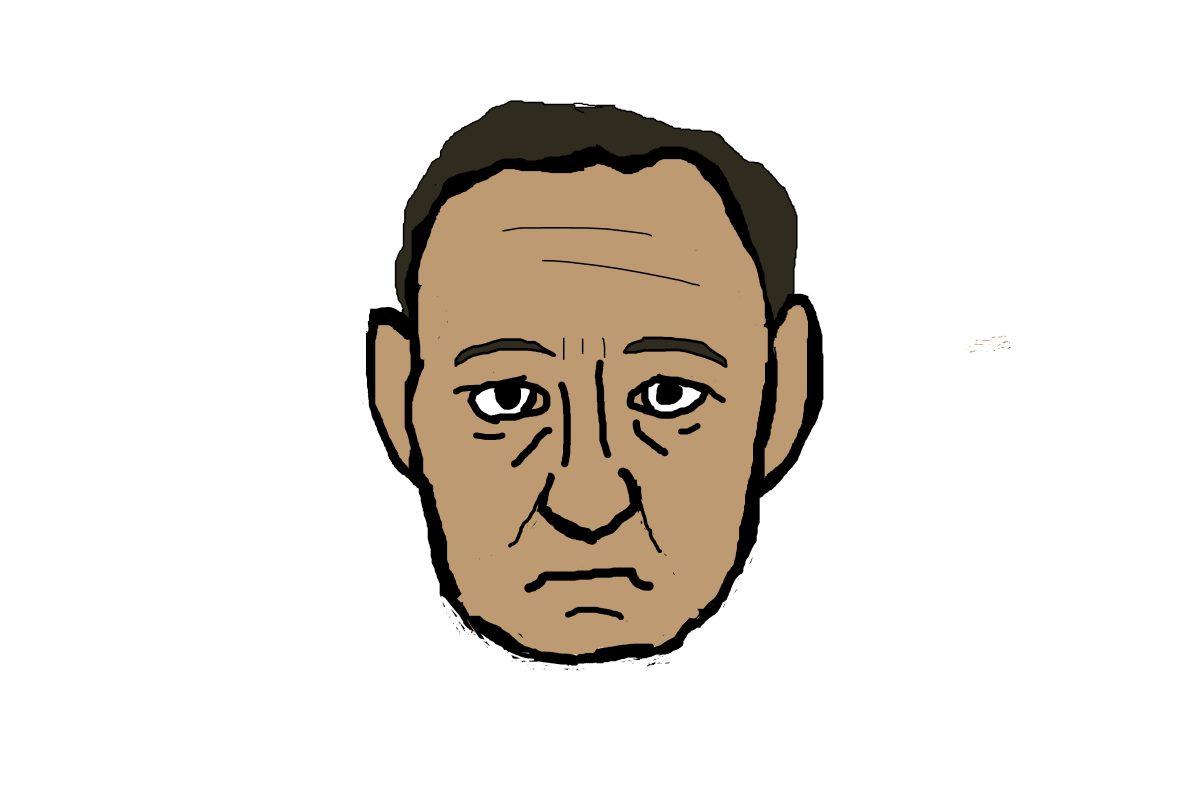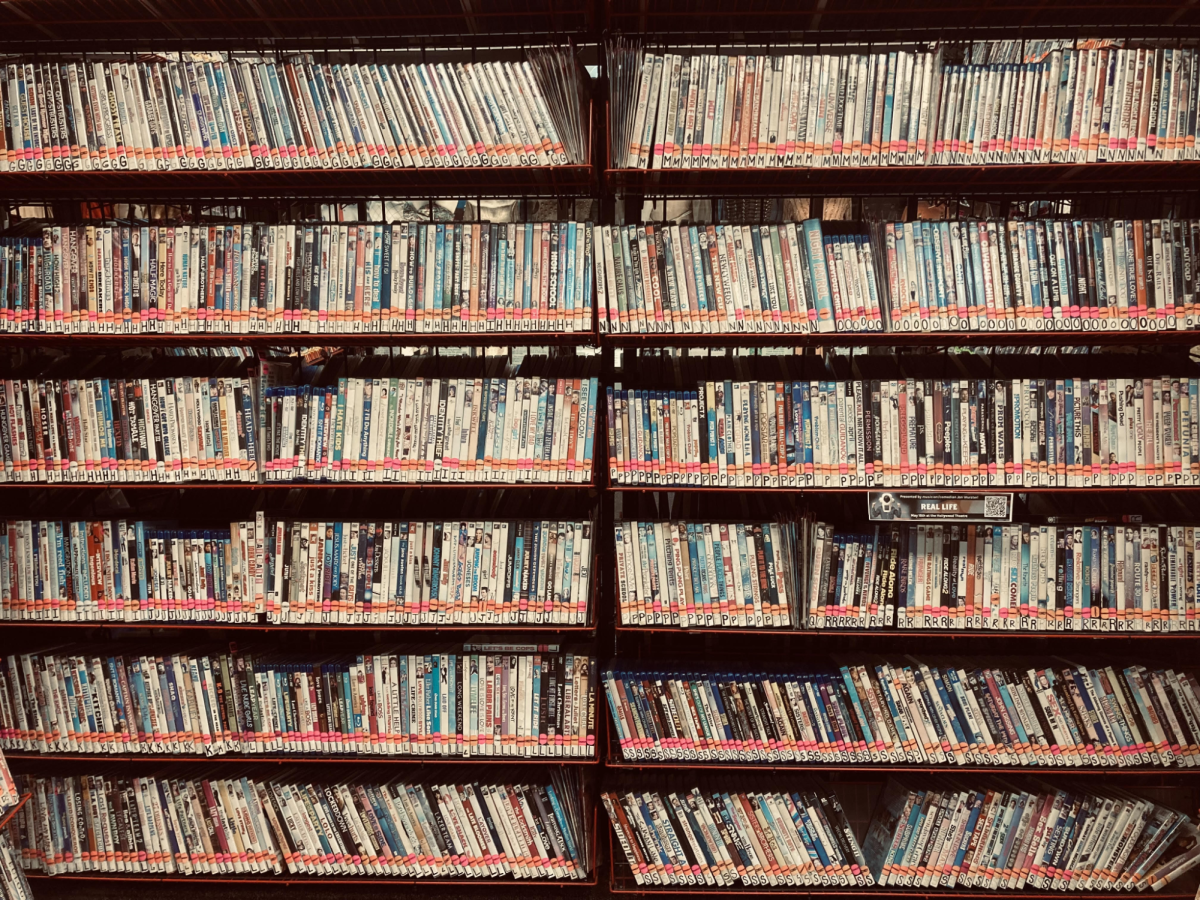
Recent accusations against famous actors, directors, and musicians have been as plentiful as they are morbid. After The New York Times published an article highlighting sexual assault allegations against producer Harvey Weinstein, a phenomenon now known as “The Weinstein Effect” occurred, with hundreds of people revealing cases of sexual abuse, assault, and harassment from high-profile men, including actor Kevin Spacey, comedian Louis C.K., and musician Nick Carter.
As allegations leave the general public stunned and a large amount of art affected, it becomes increasingly important to determine in what capacity and with what disclaimers the art of terrible people can be appreciated. However, as several writers and journalists have found as they attempt to weigh in on the subject, the answer is not just unclear but also deeply subjective and personal. In her essay “What Do We Do with the Art of Monstrous Men,” author Claire Dederer explores this issue. “We is corrupt. We is make-believe,” she says. “The real question is this: can I love the art but hate the artist? Can you? When I say we, I mean I. I mean you.” The final decision on what to enjoy and not enjoy, Dederer argues, comes down to the individual.
With that said, there are a few reasonable boundaries that can be decisively drawn, if only to provide materials for the formation of an informed opinion. Ultimately, the goal of these parameters is to provide effective consequences for the perpetrators, in order to both encourage victims to speak out and discourage future abuse of power.
The most indisputable method of providing repercussion is to stop financially supporting an artist’s work, pressuring studios to act through monetary means. After several people accused Spacey of sexual assault and child molestation, the 6th season of the series in which he stars, House of Cards, had its production promptly halted by Netflix. Further, Spacey’s role in All The Money in The World, a Ridley Scott directed drama, was recast due to fear of public backlash. Consumers gain powerful influence from their money, as the decisions of large companies are primarily based on pleasing their audiences. Buying albums and movie tickets from those actors is declining to protest, weakening the punishments against the artists. Despite being quoted saying homophobic, sexist, antisemitic, and brutally racist remarks, actor Mel Gibson has been allowed to return to the big screen, recently starring in the moderately successful Daddy’s Home 2, a family-oriented comedy.
Logically, this means it is more ethical to purchase the work of the dead, or to enjoy work which you already own. Yet these cases still involve complications. Although enjoying this artwork does not financially or directly support the artist’s wrongdoings, it can be argued that without proper precautions and education, it instead normalizes the crimes and criminals. While it is often encouraged to “separate the art from the artist,” doing so blindly is wildly irresponsible. Instead, it is imperative to understand and recognize the faults of a horrible person when enjoying their work. Then, if they are not being financially supported, and if the viewer is comfortable with it, the art can be ethically enjoyed.
“It is imperative to understand and recognize the faults of a horrible person when enjoying their work.”
The act of becoming comfortable with the art is an entirely different and much more personal issue, which ranges widely not just between viewers but also between various artists. Recent allegations have been leveled towards those with all different roles in the creation process. As Video Production teacher Javier Perez explains, the amount of creative input depends heavily on the job. “If I’m hired just to be the camera person, I have no real creative input in the project as a whole,” he says. “Projects I’ve written, helped write, helped edit… a lot of that is my work.” Bill Cosby’s influence on The Cosby Show is far more blatant than that of Roman Polanski, an acclaimed director and alleged child molester who fled the country, on The Pianist, for example.
When the subject matter parallels the real life crimes, viewings become increasingly more excruciating. For years before Louis C.K. was publicly accused of and admitted to non-consenting exposure, his stand-up was famous for its crude, sexual jokes. In her essay, Dederer recalls struggling with Manhattan, a film about predatory behavior starring Woody Allen, an accused child predator. In these cases, separating the art from the artist is nearly impossible.
To prevent future behavior, there are cultural and financial measures that must be taken. The public should understand the crimes of the accused. They should not support their future productions or creations. Horrible behavior should not be reinforced. Past that, the extent to which art of problematic people can be enjoyed is largely up to the viewer. It is a personal and intimate decision.

































